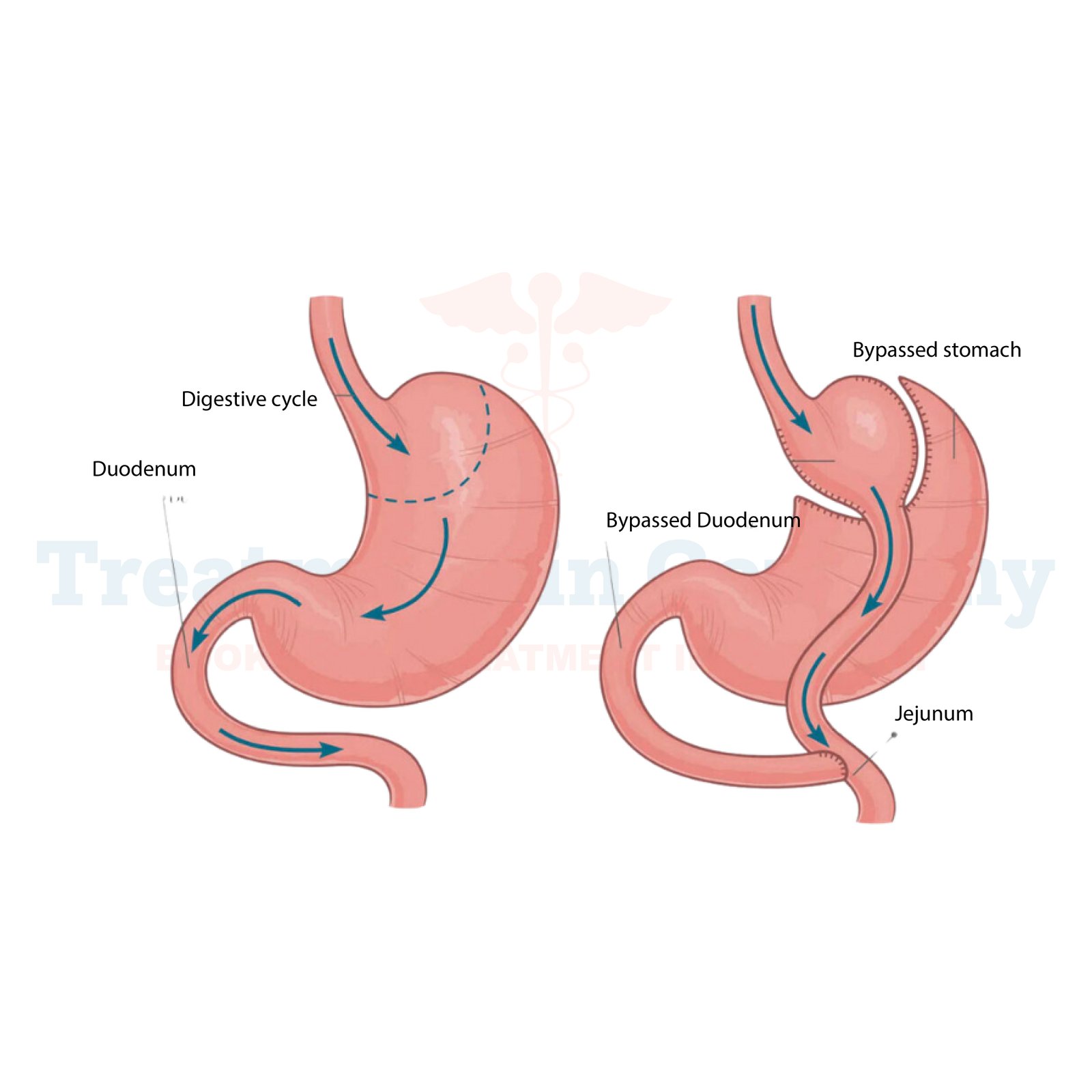What is Laparoscopic Gastric Bypass Surgery?
Laparoscopic Gastric Bypass Surgery, often referred to simply as gastric bypass, is a surgical procedure aimed at aiding weight loss in individuals struggling with severe obesity.
It involves creating a small stomach pouch and rerouting the digestive tract to bypass a portion of the small intestine. This restructuring limits the amount of food you can eat and reduces the absorption of nutrients, leading to significant weight loss over time.
Side Effects of Laparoscopic Gastric Bypass Surgery
Like any surgical procedure, gastric bypass surgery carries potential risks and side effects. These may include:
It's important to discuss these risks thoroughly with your healthcare provider before deciding on surgery.
How is Laparoscopic Gastric Bypass Surgery Diagnosed?
Diagnosis involves a comprehensive evaluation by a bariatric surgeon and a multidisciplinary team. This typically includes:
The decision to proceed with gastric bypass surgery is based on these evaluations and discussions with your healthcare team.
Potential Treatment of Laparoscopic Gastric Bypass Surgery
The primary goal of gastric bypass surgery is to achieve significant weight loss and improve overall health. After surgery, patients typically experience:
👉 Contact us for further information and receive a complimentary consultation.


.webp)
 (1).webp)

.webp)
 (1).webp)


.webp)
 (1).webp)

.webp)
 (1).webp)
